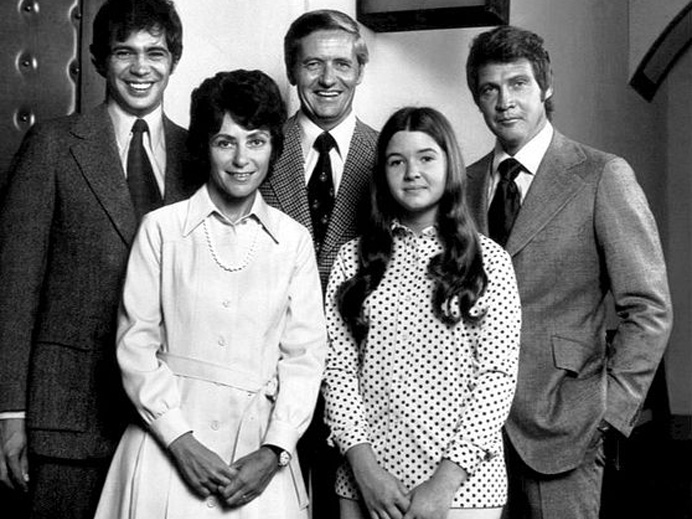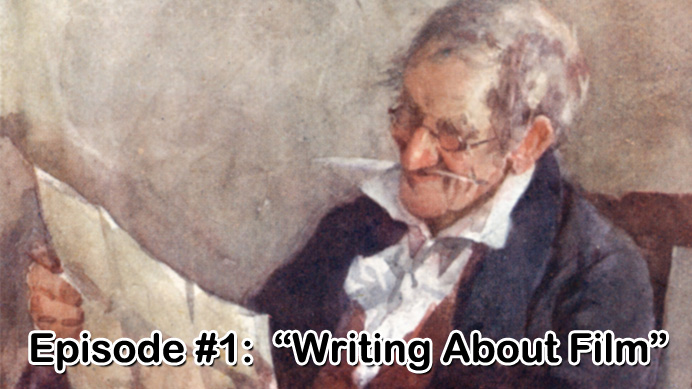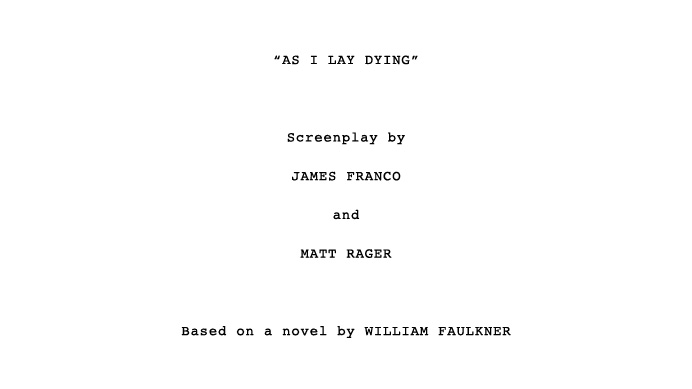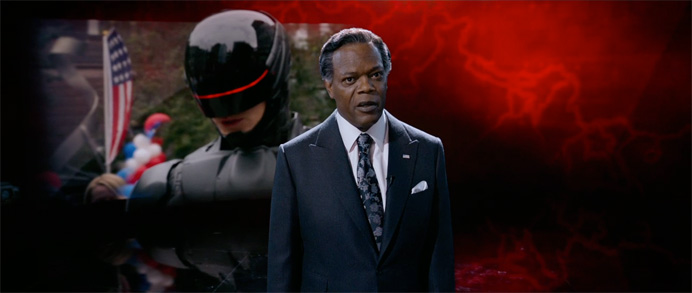
Joan Darling (bottom left), part of the cast of Owen Marshall: Counselor at Law (1971-1973)
Joan Darling entered show business as an actress on the New York theater scene in the 1960s, then became a fixture of early 70’s television. In 1974, she made the leap from acting to directing and quickly made history as one of the first and most successful women directors in television. She had an instant knack for it—her debut, Mary Hartman, Mary Hartman, a soap opera parody, has become an enduring cult classic for its dark-edged humor and deep understanding of the desperation and sadness of the American home.
Highlights of her career include a Mary Tyler Moore episode, Chuckles Bites the Dust, which, for its deft tightrope-walk between comedy and pathos, TV Guide calls the greatest television episode ever; a classic M*A*S*H episode, The Nurses, which revolutionized the way the show portrayed women; and a leading role in an episode of The Psychiatrist, directed by a pre-Jaws, pre-Duel Spielberg.
These days, Joan teaches acting and directing classes at the Sundance Filmmakers Lab. She agreed to a phone interview, and in about an hour, I learned more about the arts of acting and directing than I ever thought possible:
Continue reading An Interview with Director and Actress Joan Darling, Pioneer of the 70’s



